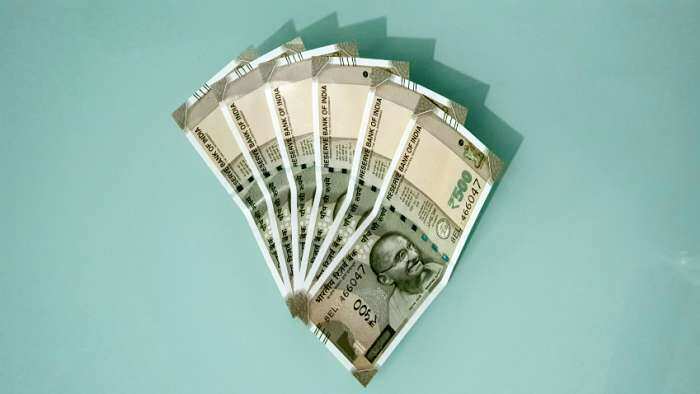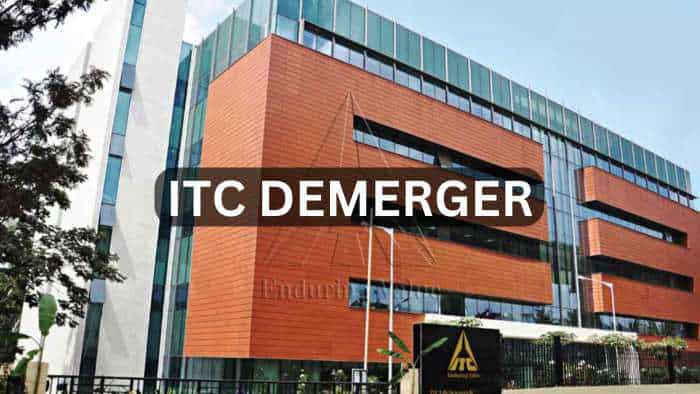How data collection by State different from voluntary sharing, asks SC

The Supreme Court today asked as to how collection of data by the State under the Aadhaar scheme was different when people voluntarily surrendered details for making payments for insurance, bills and car instalments.
The observation was made by a five-judge Constitution bench headed by Chief Justice Dipak Misra which is hearing a batch of petitions challenging the constitutional validity of government's flagship Aadhaar scheme and the enabling 2016 law.
"What if someone else like a bank offered to make all your transactions for you and you give standing instructions, like for insurance payments, bill payments, car instalments etc. What is the qualitative difference?
"My bank maintains a central repository of all my transactions. We are constantly entering into a world of surrendering our identity. It may be a choice but it is still a central database. If we are willing to surrender our identity, then does the fact that the State is collecting information make a difference?," the bench, also comprising justices A K Sikri, A M Khanwilkar, D Y Chandrachud and Ashok Bhushan, said.
At the fag end of the day-long hearing, Justice Chandrachud lost his cool after not getting a satisfactory reply to his query from senior advocate Shyam Divan, representing petitioners opposed to the Aadhaar scheme.
"The moment we ask questions, we are attacked as we are committed to...If that is so then I plead guilty to the charge. We are not defending the government nor are we going to follow the NGO line," he said leading Divan to apologise.
On the issue of safety and possible misuse of citizens' information, the bench said if there were norms governing collection and use of such details, then it might allay the apprehensions with regard to the issue of misuse.
"This is not a question of checks and balances, because the architecture is that of pervasive surveillance," Divan said.
The lawyer said he was alive to the situation that the country cannot go back to "the pre-digital age", but the issue was whether a person can be denied his or her entitlements as a citizen for want of the Aadhaar card.
The bench said that there were "multiple interfaces" between a citizen and the State such as tax, water and electricity bills etc.
"Suppose instead of Aadhaar, you are required to use a PAN card. How would that be different," the bench asked, adding that the arguments seemed to be that there was a problem with the centralisation of data.
It said every time a person uses an Internet device such as Uber, his or her movements are tracked and asked as to what is the "specific additional problem" with Aadhaar.
The first problem was the centralisation of data, Divan submitted and referred to a judgement of the European Court of Human Rights (ECHR) and contended that it was one thing that a particular service provider knew your location, but the government might use the centralised data for tracking citizens.
He said it was not the case that somebody was sitting behind the screen and watching. The problem was with the "architecture of the programme" which may lead to scrutiny and profiling of citizens, he said.
Senior advocate Kapil Sibal, who also appeared for a petitioner opposed to the Aadhaar scheme, said the Aadhaar Act was premised on the principle of "one-nation, one-identity."
"Aadhaar is premised on the assumption that we are a nation of naives. This represents a complete breakdown of trust, because the presumption is that if you don't have Aadhaar, then you are a crook," Divan said.
He said that the UIDAI violated the principle of the rule of the law and the statutory norm, laid down for collecting demographic data under the Census Act.
The Census Act provided that the collected data cannot be used for other purposes, he said.
Attorney General K K Venugopal referred to contents in the new Union Budget and said that there was a 41 per cent rise in the tax base largely due to Aadhaar.
Divan said the Centre, in its affidavit, referred to a World Bank report stating India has an estimated saving of USD 11 billion per annum by using Aadhaar.
He also maintained the World Bank report was not authentic as its chief Paul Romer recently resigned saying there was no integrity in its data.
The arguments remained inconclusive and would continue on February 6.
The apex court had on December 15 last year extended till March 31 the deadline for mandatory linking of Aadhaar with various services and welfare schemes of all ministries and departments of the Centre, states and Union territories.
Get Latest Business News, Stock Market Updates and Videos; Check your tax outgo through Income Tax Calculator and save money through our Personal Finance coverage. Check Business Breaking News Live on Zee Business Twitter and Facebook. Subscribe on YouTube.
RECOMMENDED STORIES

Latest FD Rates: Know what SBI, PNB, Canara Bank, HDFC Bank, ICICI Bank are providing on 1-year, 3-year and 5-year fixed deposits

SBI 444-day FD vs PNB 400-day FD: Here's what general and senior citizens will get in maturity on Rs 3.5 lakh and 7 lakh investments in special FDs?

Top 7 Mutual Funds With Highest SIP Returns in 1 Year: Rs 33,333 monthly SIP investment in No. 1 scheme has generated Rs 4.77 lakh; know about others too

Rs 4,000 Monthly SIP for 33 years vs Rs 40,000 Monthly SIP for 15 Years: Which can give you higher corpus in long term? See calculations

Top 7 Mid Cap Mutual Funds With Highest SIP Returns in 10 Years: Rs 13,333 monthly SIP investment in No. 1 fund is now worth Rs 67,61,971
09:34 AM IST










 How to lock/unlock Aadhaar biometrics via UIDAI portal
How to lock/unlock Aadhaar biometrics via UIDAI portal  Deadline to link Aadhaar with ration card extended
Deadline to link Aadhaar with ration card extended Rule Changes from April 1, 2024: NPS, SBI debit cards, FASTag - Get all the details here
Rule Changes from April 1, 2024: NPS, SBI debit cards, FASTag - Get all the details here DPIs like UPI, Aadhaar to propel India towards $8 trillion economy by 2030: Nasscom
DPIs like UPI, Aadhaar to propel India towards $8 trillion economy by 2030: Nasscom Aadhaar address update request rejected? Here's what you can do
Aadhaar address update request rejected? Here's what you can do